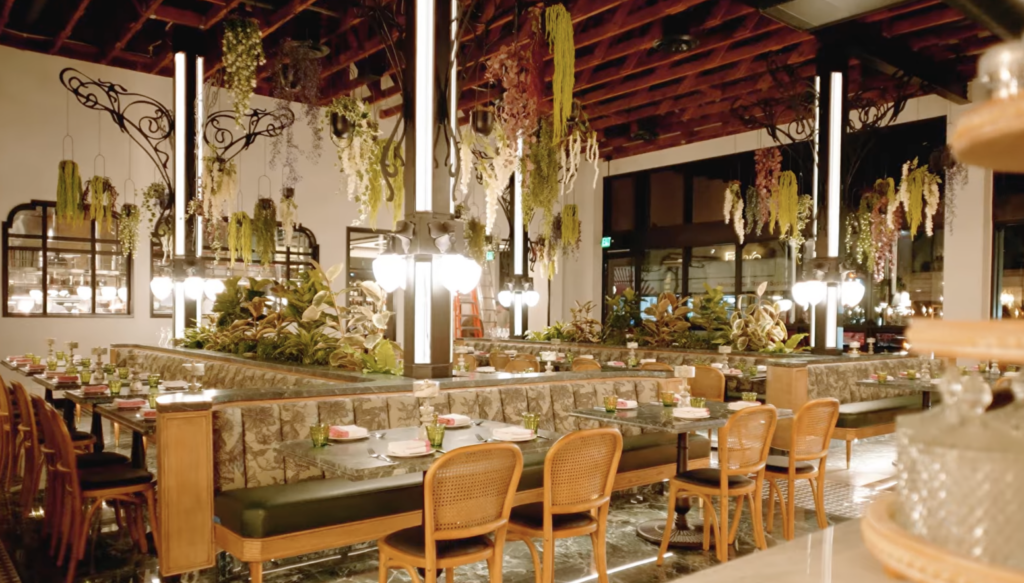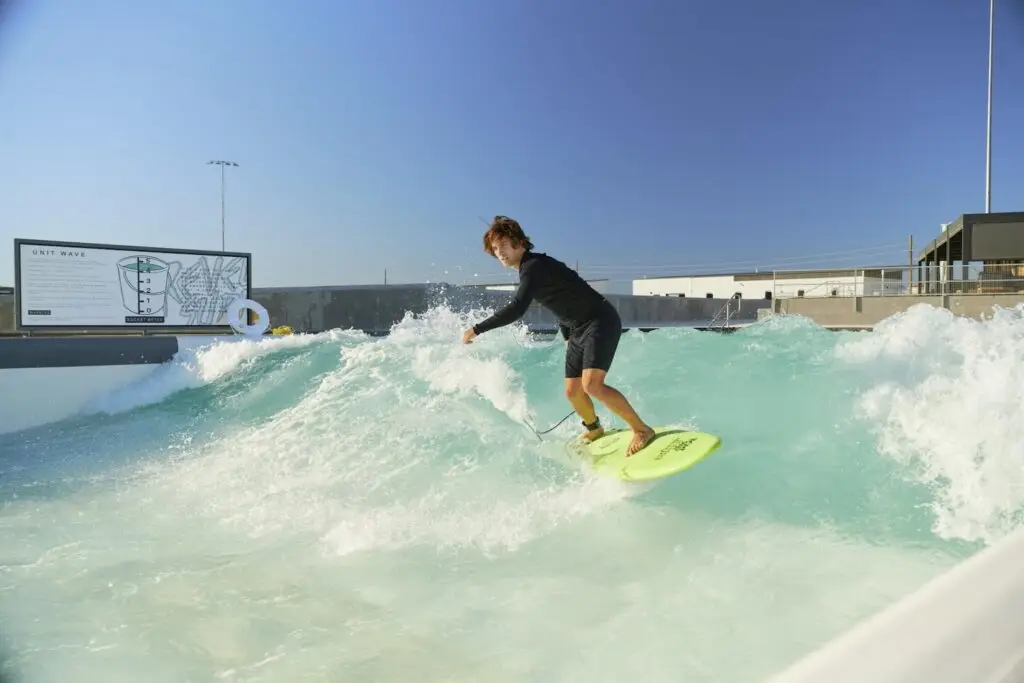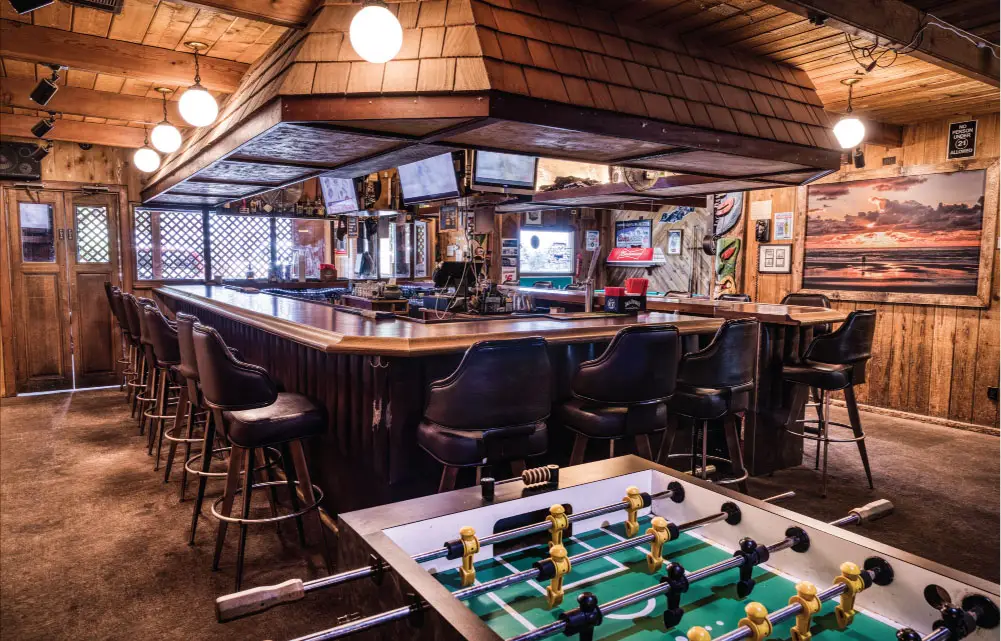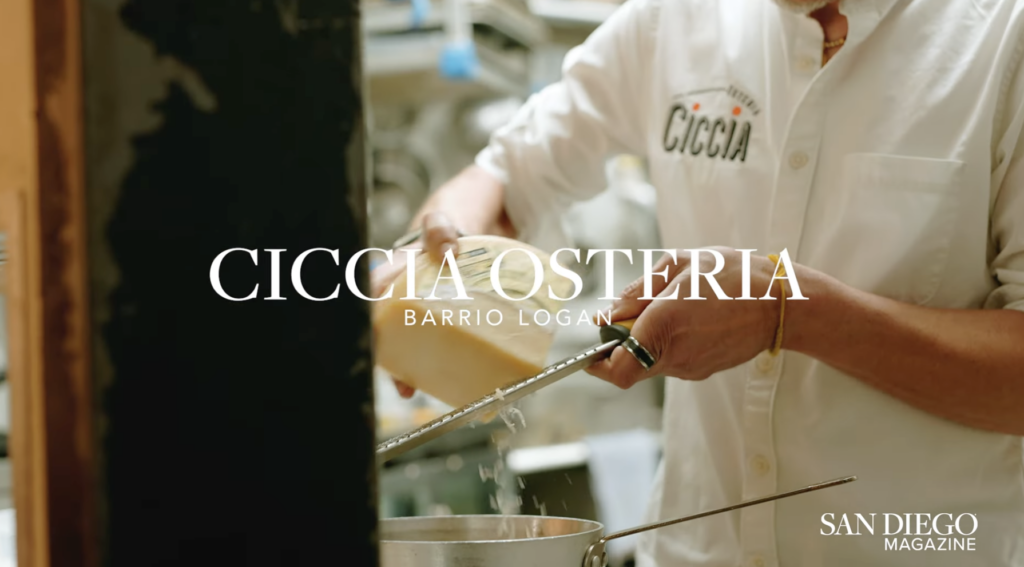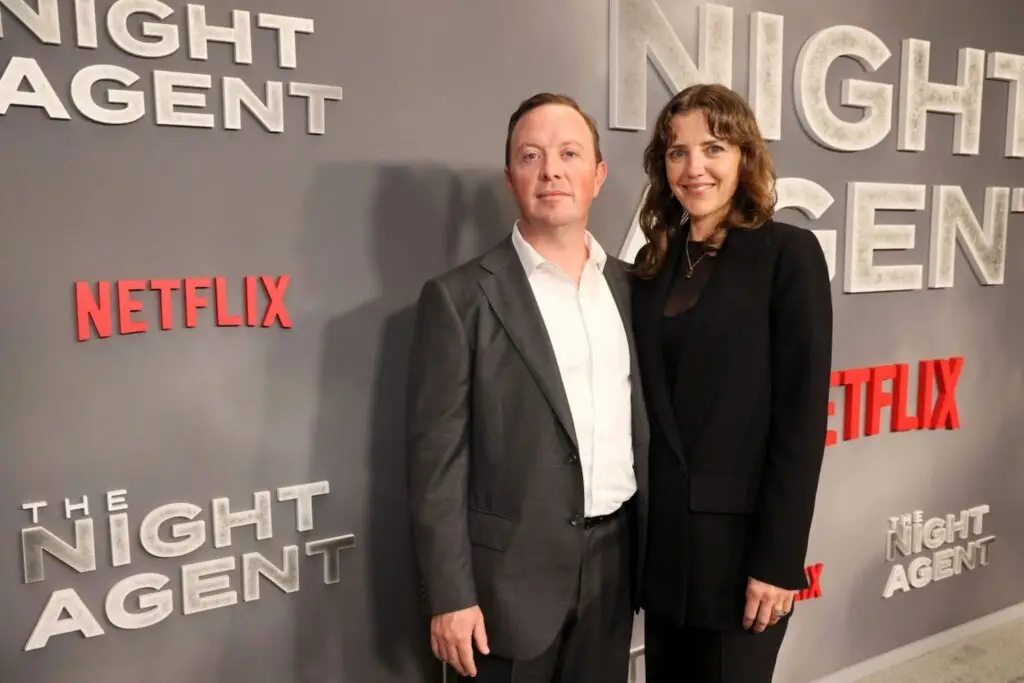John Park is 30 feet below the surface just off the coast of Carlsbad. He’s been here all morning, free diving in various locations to find just the right spot. Now he’s looking at a wall of Pacific bluefin tuna. He’s methodically holding his breath, no scuba gear in sight, taking in all those 100-pounders, a football field’s worth of tuna. It’s a gold mine.
This isn’t normal, though, and Park points out that the fish being here is an anomaly. They’re too far south. Still, every spring for the past seven years, the owner of Fish 101 (the fresh-catch casual eatery in Leucadia and Cardiff) free dives, speargun in hand, and wonders if they’ll come back next spring. They always do.
“Fishermen are referring to this period of time as the glory days, even the old guys,” Park says, laughing. “It has changed the face of sportfishing on the West Coast, specifically in San Diego.”
Albacore once ruled San Diego sportfishing, but shifting migration patterns have led to their decline over the years. The changing climate has affected ocean currents and temperatures, driving the albacore north and, more recently, the bluefin tuna south.
Park grew up diving, fishing, and surfing with his dad, and has spearfished for sport for over two decades. When he moved to San Francisco in 1996 to attend culinary school, he purchased his first speargun and joined a group of divers to track down vermilion rockfish, lingcod, abalone (abalone diving is now banned commercially and recreationally due to overfishing). A few years later, he was making trips down to Southern California for game fish like white sea bass and yellowtail, and he settled in Encinitas in 2010.
Unlike other types of fishing, Park says spearfishing is a selective sport. He’ll wade patiently in the water for hours before pulling the trigger, waiting for a fish that’s the perfect shape and size. He doesn’t have the luxury of firing multiple shots—just one, and it has to be the one. Patience and awareness are vital. The fish, he says, can sense him. “You can’t be in their space full of tension and aggression. My breathing slows down; it’s almost a Zen-like state.”
Park dives only when conditions are right. His entire schedule is planned around swell, wind, and tide. Most of the time, he doesn’t catch any fish. And that’s part of the appeal: the thrill of the hunt. He says it speaks to a larger movement that he’s seeing his fellow fishermen and chefs embrace—harvesting and hunting, utilizing every part of the animal, and doing it as respectfully as possible. Park points to ikejime, a Japanese method of humanely killing fish and storing it in an ice slurry to maintain the high quality of its meat.
“There’s been a shift in the mentality of sport fishers—it’s not about how many you catch, but really caring for each fish.”
Nothing Park spearfishes is served at Fish 101 (for restaurant supply he uses his commercial license to fish by hook and line, buys from nearby vendors, and supports local fishermen). This catch is saved for personal use—family, neighbors, friends. He can’t remember the last time he bought fish from a store, and he likes it that way.
“A philosophy of mine is to use the best quality ingredients I can,” he says. “It doesn’t get any fresher than going out during the day to catch what I’ll eat that night.”
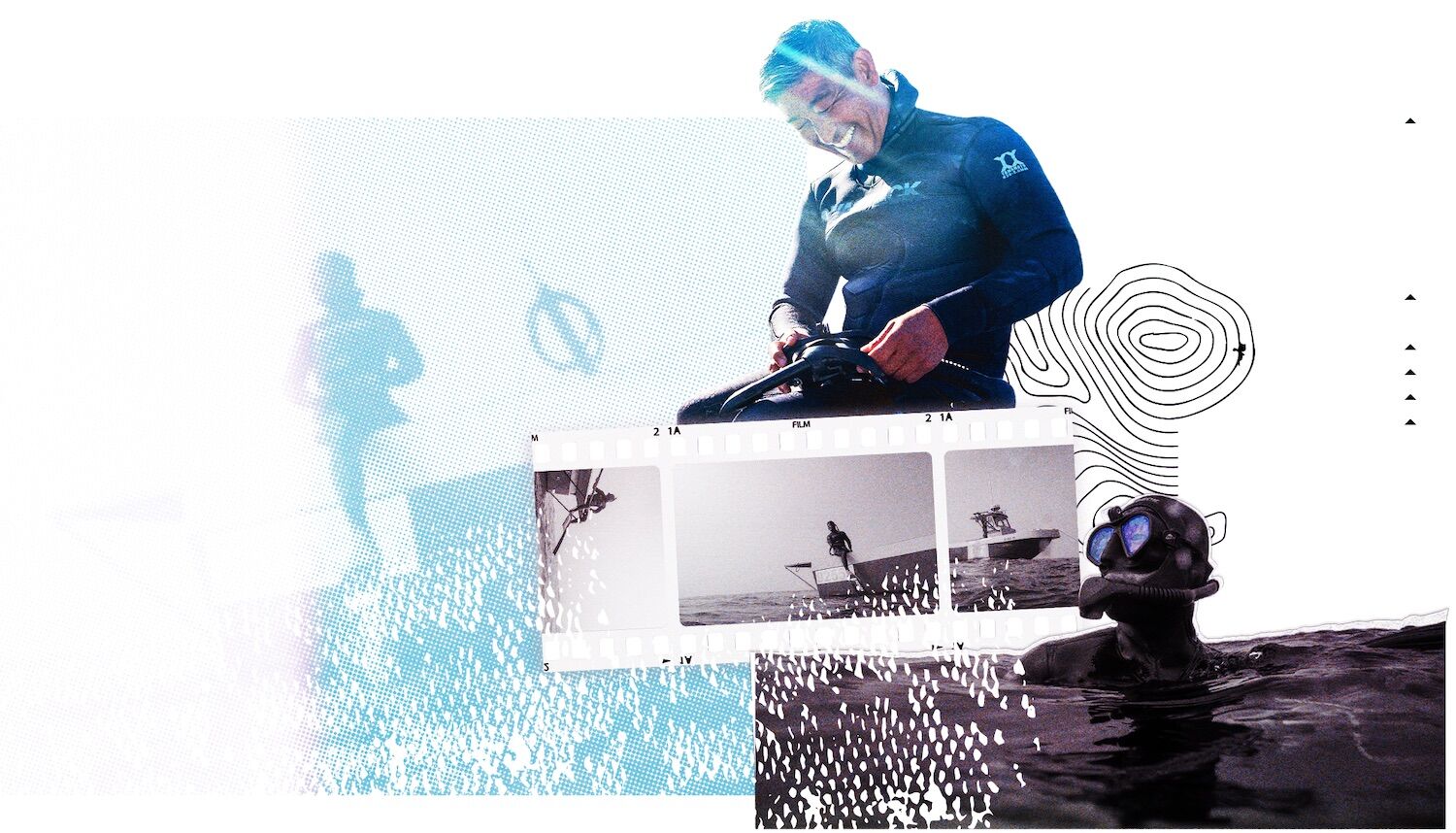
Fish 101 – John Park
PARTNER CONTENT
Zach Griffin
